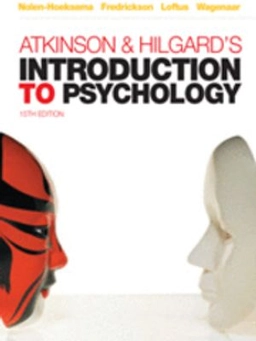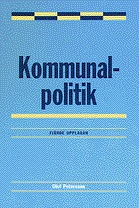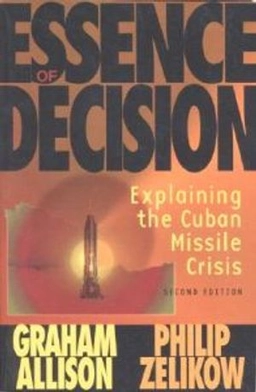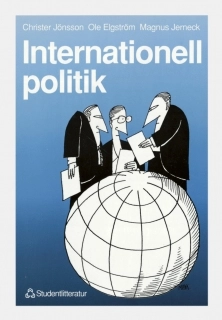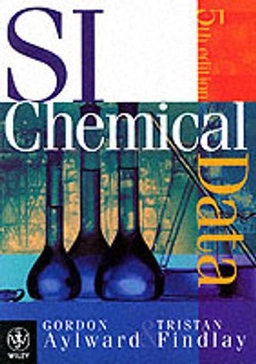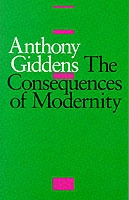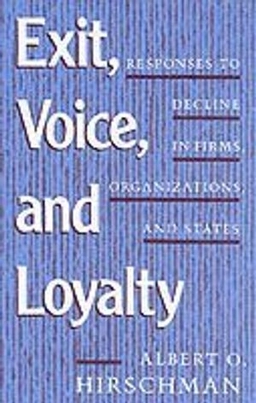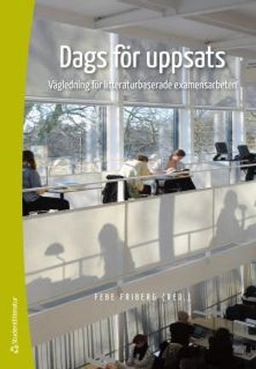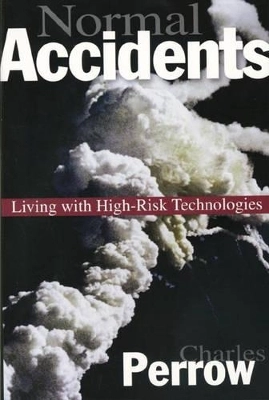

Normal accidents : living with high-risk technologies
- Utgiven: 1999
- ISBN: 9780691004129
- Sidor: 464 st
- Förlag: Princeton University Press
- Format: Häftad
- Språk: Engelska
Om boken
Åtkomstkoder och digitalt tilläggsmaterial garanteras inte med begagnade böcker
Mer om Normal accidents : living with high-risk technologies (1999)
1999 släpptes boken Normal accidents : living with high-risk technologies skriven av Charles Perrow. Den är skriven på engelska och består av 464 sidor. Förlaget bakom boken är Princeton University Press.
Köp boken Normal accidents : living with high-risk technologies på Studentapan och spara uppåt 59% jämfört med lägsta nypris hos bokhandeln.
Referera till Normal accidents : living with high-risk technologies
Harvard
Oxford
APA
Vancouver

